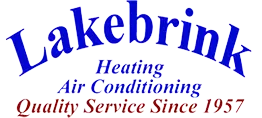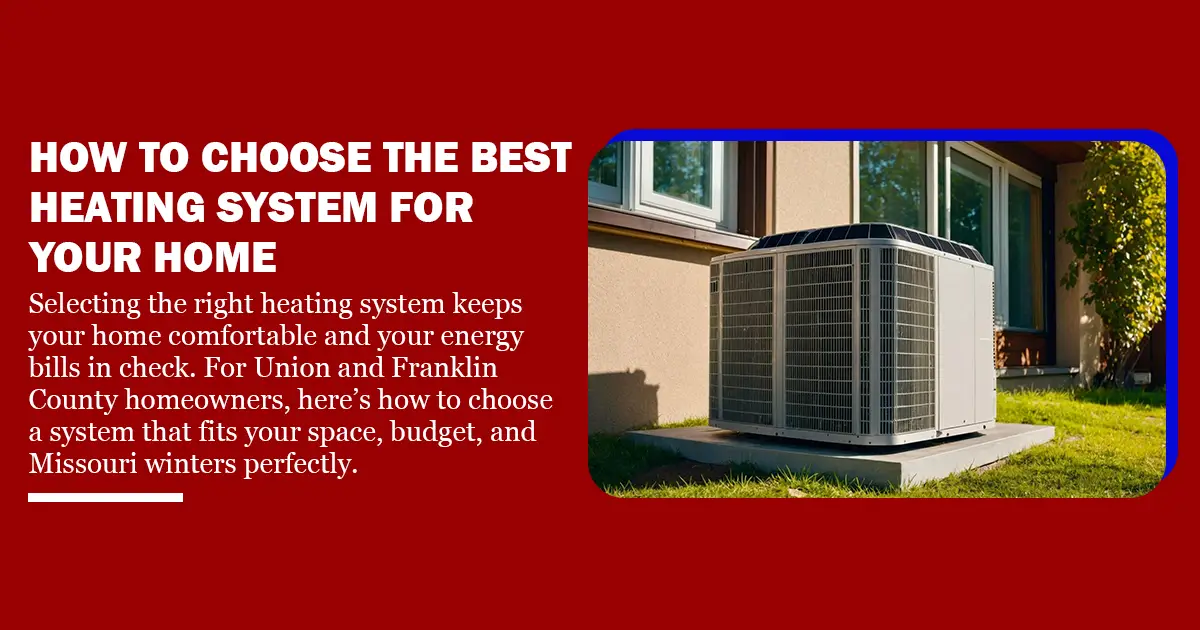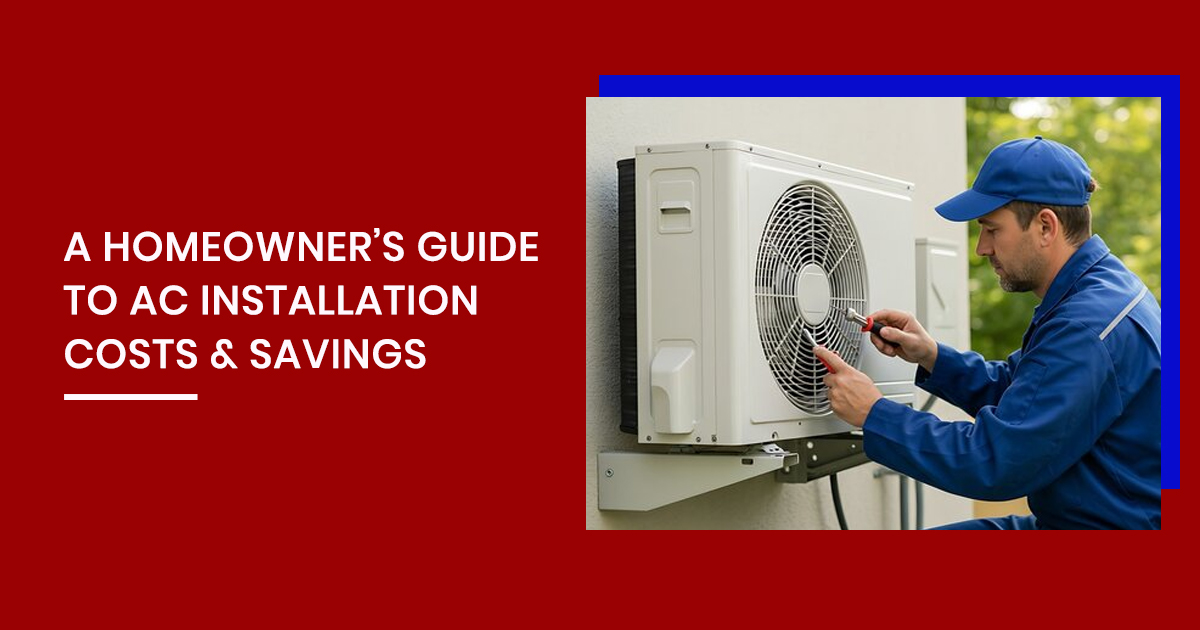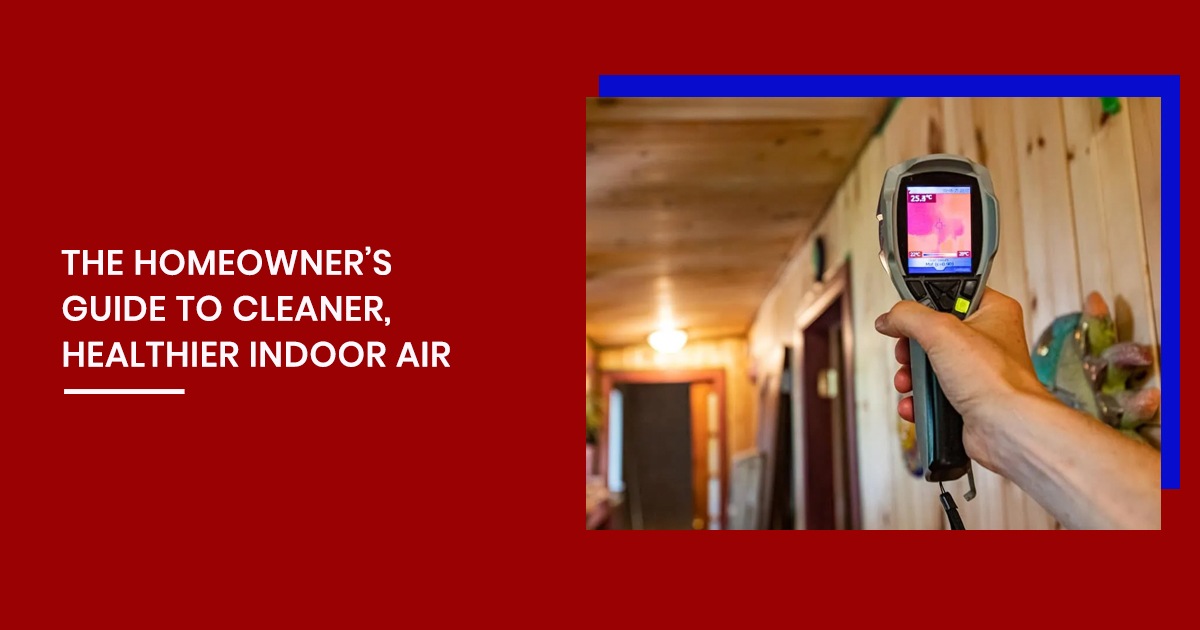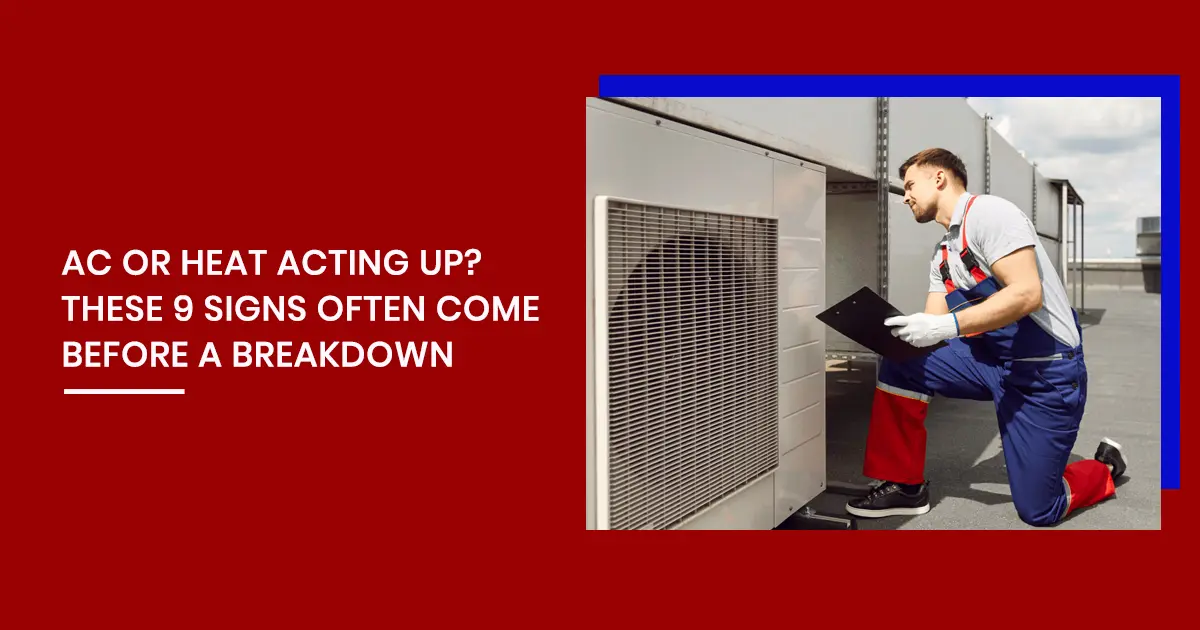How to Choose the Best Heating System for Your Home in Union & Franklin County, MO
Choosing the right heating system is a big decision for Union and Franklin County homeowners. Size, efficiency, and lifetime cost all affect comfort, monthly bills, and reliability—especially through Missouri winters. This guide
explains what truly matters so you can select a system that fits your home, your budget, and your long-term goals.
Why the Wrong System Costs You More
Installing an oversized unit leads to short cycling, uneven temperatures, and unnecessary wear. An undersized system runs constantly, struggles on the coldest days, and drives up energy use. Both scenarios create discomfort, higher
bills, and more frequent repairs. Accurate sizing and the right technology prevent those headaches from the start.
Local Factors in Franklin County
Our region’s cold winters and humid summers demand careful system selection. Home age and construction quality, insulation levels, duct condition, and air leakage all influence the heat your home actually needs. Older homes may
require more capacity and duct improvements; newer efficient homes can often use smaller, smarter equipment. Local energy prices and available rebates also shape total cost of ownership.
Common Selection Mistakes to Avoid
- Skipping a professional load calculation and relying only on square footage.
- Choosing the lowest upfront price without evaluating long-term operating costs.
- Overlooking efficiency ratings (AFUE, HSPF2, SEER2) when comparing options.
- Forgetting to assess existing ductwork, thermostat controls, and electrical capacity.
- Ignoring local codes, permitting, and rebate eligibility requirements.
Right-Sizing: How Pros Determine Capacity
Proper sizing starts with a Manual J load calculation that accounts for square footage, insulation R-values, window and door quality, air leakage, sun exposure, and duct performance. Two 2,000-sq-ft homes can need very different
capacities depending on these variables. Accurate calculations protect comfort, improve efficiency, and prolong equipment life.
Comparing System Types: Pros & Cons
- Gas or Electric Furnaces: Deliver strong, fast heat. Operating cost varies with fuel prices. High-efficiency models reduce waste and improve comfort when properly sized.
- Air-Source Heat Pumps: Move heat instead of generating it, providing efficient heating and cooling. In very cold snaps, they may use supplemental heat or pair with a furnace (dual fuel).
- Geothermal (Ground-Source) Systems: Use stable ground temperatures for exceptional efficiency and quiet operation. Higher upfront cost, excellent long-term savings and comfort.
- Hybrid/Dual-Fuel Systems: Pair a heat pump with a furnace. The system chooses the most efficient heat source based on outdoor temperature for comfort and savings.
Efficiency Ratings—What the Numbers Mean
- AFUE (Annual Fuel Utilization Efficiency): For furnaces. Higher AFUE = more heat from every unit of fuel.
- HSPF/HSPF2 (Heating Seasonal Performance Factor): For heat pumps. Higher HSPF/HSPF2 = better cold-weather efficiency.
- SEER2 (Seasonal Energy Efficiency Ratio 2): Cooling efficiency. Relevant for heat pumps operating in summer.
Higher ratings typically lower monthly costs. Balance efficiency with your home’s needs, utility rates, and budget.
Total Cost: Upfront vs. Lifetime
Installation price is only one piece of the puzzle. Consider:
- Energy Use: High-efficiency systems often cost more initially but can save 20–40% on bills compared to older equipment.
- Maintenance & Repairs: Quality installation and routine tune-ups reduce surprise costs and extend lifespan.
- Rebates & Incentives: High-efficiency and ENERGY STAR® equipment may qualify for utility or manufacturer rebates that offset upfront cost.
- Financing: Structured payments can make premium systems affordable while you benefit from monthly energy savings.
Regulatory & Code Considerations (Franklin County)
Permits, safety codes, and efficiency requirements protect your home and ensure proper performance. Selecting equipment that meets local standards, and documenting it correctly, avoids delays, failed inspections, and missed rebates.
Why Union Homeowners Choose Lakebrink HVAC
Family-Owned Since 1957 in Union, MO. For more than 60 years, Lakebrink Heating & Air Conditioning has helped Union and Franklin County families balance comfort, efficiency, and cost. Our in-house sheet-metal
fabrication delivers precise, long-lasting ductwork. Our Daikin-certified team installs high-efficiency systems with attention to detail, clear communication, and stand-behind-it service.
Personalized System Consultations
Every home is unique. Our technicians conduct an on-site evaluation—insulation, windows, duct condition, air leakage, room-by-room needs—then complete a professional load calculation. We present right-sized options with clear
pros/cons and straightforward pricing so you can choose with confidence.
High-Efficiency Options that Lower Monthly Bills
We offer a full range of high-efficiency furnaces, heat pumps, dual-fuel systems, and geothermal solutions from trusted manufacturers, including Daikin. Upgrading from older equipment can reduce monthly energy use by 20–40% while
improving comfort and noise levels.
Financing & Rebates—Making Upgrades Affordable
Flexible financing options can spread the upfront cost over time. We’ll also help identify and apply for available utility or manufacturer rebates on qualifying high-efficiency systems, lowering your net investment.
Maintenance Plans that Protect Your Investment
Annual tune-ups, priority scheduling, and filter checks keep your system efficient and reliable. Planned maintenance extends equipment life, helps prevent breakdowns, and keeps warranties in good standing.
Code Compliance & Peace of Mind
We handle permits, code requirements, and documentation for you. Installations meet current safety and efficiency standards, protecting both your comfort and your home’s value.
How to Prepare for Your Consultation
- List your home’s size, age, and recent improvements (insulation, windows, air sealing).
- Note hot/cold rooms, comfort issues, and noise concerns.
- Gather recent utility bills to discuss operating cost goals.
- Consider your budget, financing preferences, and timeline.
- Prepare questions about brands, warranties, and maintenance plans.
What to Expect During a Lakebrink Visit
We’ll inspect existing equipment and ductwork, verify airflow and leakage risks, and complete the load calculation. Then we’ll review tailored options, explain efficiency ratings, and provide a clear proposal with total cost of
ownership in plain language.
Making the Decision
- Compare Size & Fit: Does capacity match the load calculation?
- Check Efficiency: AFUE for furnaces; HSPF2/SEER2 for heat pumps.
- Evaluate Warranties: Parts, unit replacement, and labor coverage.
- Confirm Ductwork Plan: Any sealing, resizing, or balancing needed?
- Review Maintenance: Understand annual service and expected costs.
Installation Day—What “Done Right” Looks Like
Our certified team protects floors and finishes, installs and seals duct connections, calibrates airflow, verifies refrigerant charge, sets up controls, and tests safety features. We walk you through operation, maintenance, and
warranty details before we leave.
Stay Comfortable Year-Round
Schedule preventative tune-ups before peak season, and know that emergency service is available when you need it. With the right system and the right partner, your Union home stays comfortable—and your bills stay manageable—season
after season.
FAQs
- How do I know what size system I need? A professional Manual J load calculation considers your home’s construction, insulation, windows, and local climate. That’s the foundation of our recommendations.
-
What’s the difference between a furnace and a heat pump? Furnaces generate heat (typically gas). Heat pumps move heat and also cool in summer; dual-fuel systems pair both for the best of each in changing
weather. - Are financing options available? Yes—flexible options can help you invest in higher efficiency and enjoy lower monthly energy costs.
- How often should I schedule maintenance? Once per year for heating equipment; combined systems benefit from seasonal checks. Maintenance plans simplify scheduling and protect warranties.
- Can I get rebates for high-efficiency equipment? Many qualifying systems are rebate-eligible. We’ll help you navigate applications to reduce your net cost.
Ready for a Right-Sized, Efficient System?
Since 1957, Lakebrink Heating & Air Conditioning has helped Union and Franklin County homeowners choose heating systems that balance comfort, efficiency, and cost. Book your personalized in-home consultation,
get a precise load calculation, and compare tailored options with clear pricing.
Serving Union, Washington, St. Clair, Sullivan, Gerald, Pacific, and surrounding Franklin County communities.
Contact Lakebrink Heating & Air Conditioning today to schedule your consultation.
